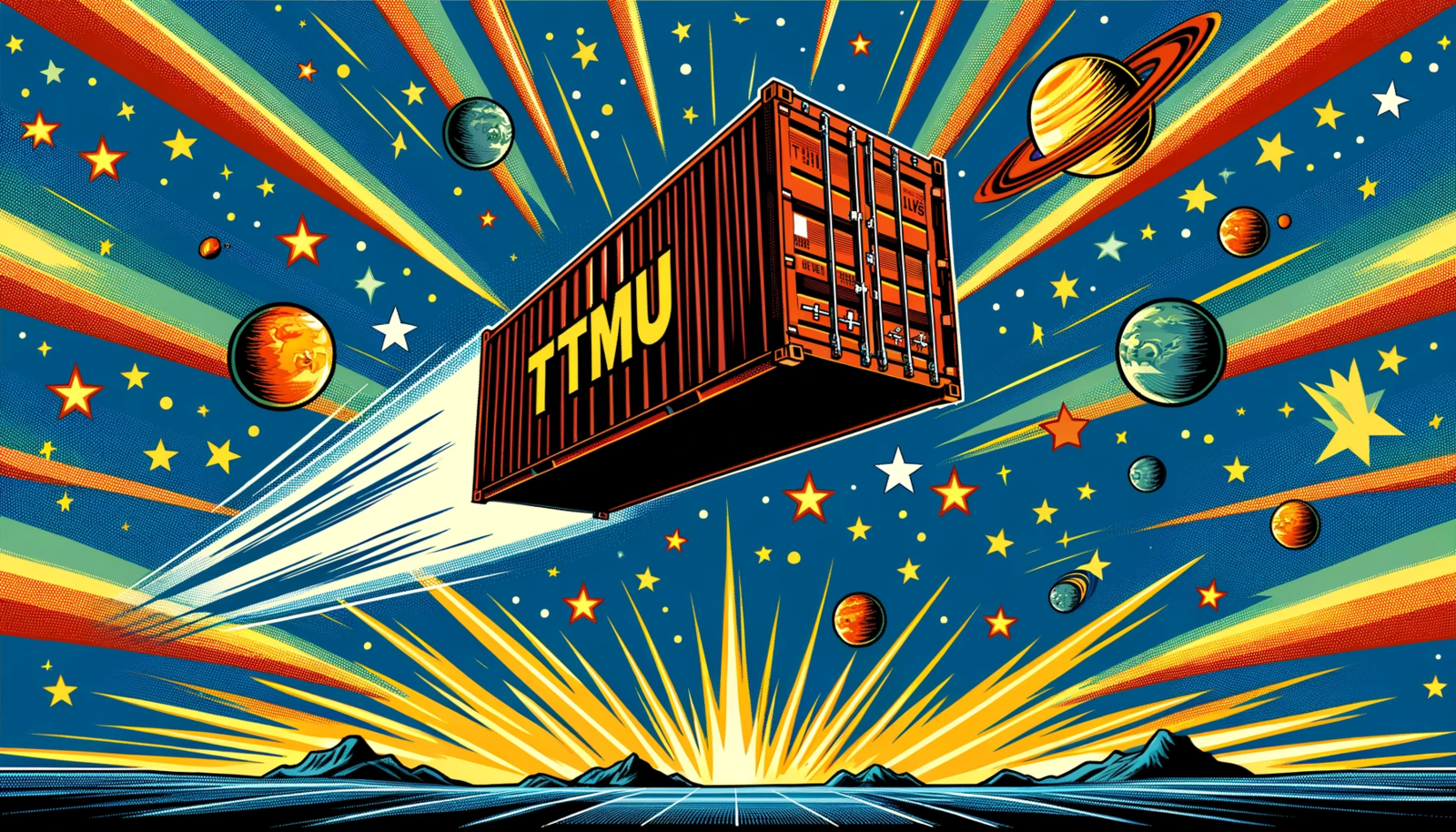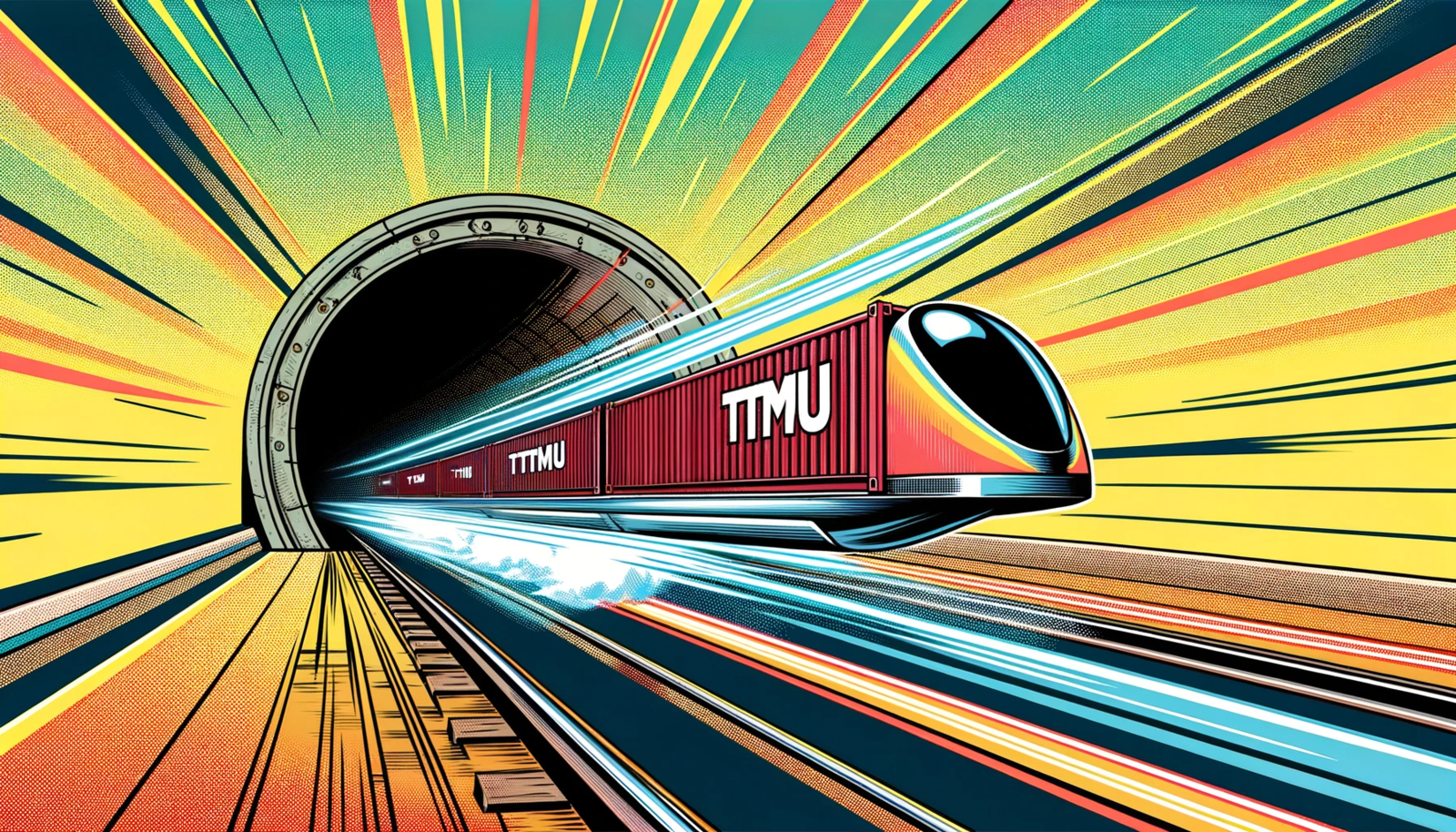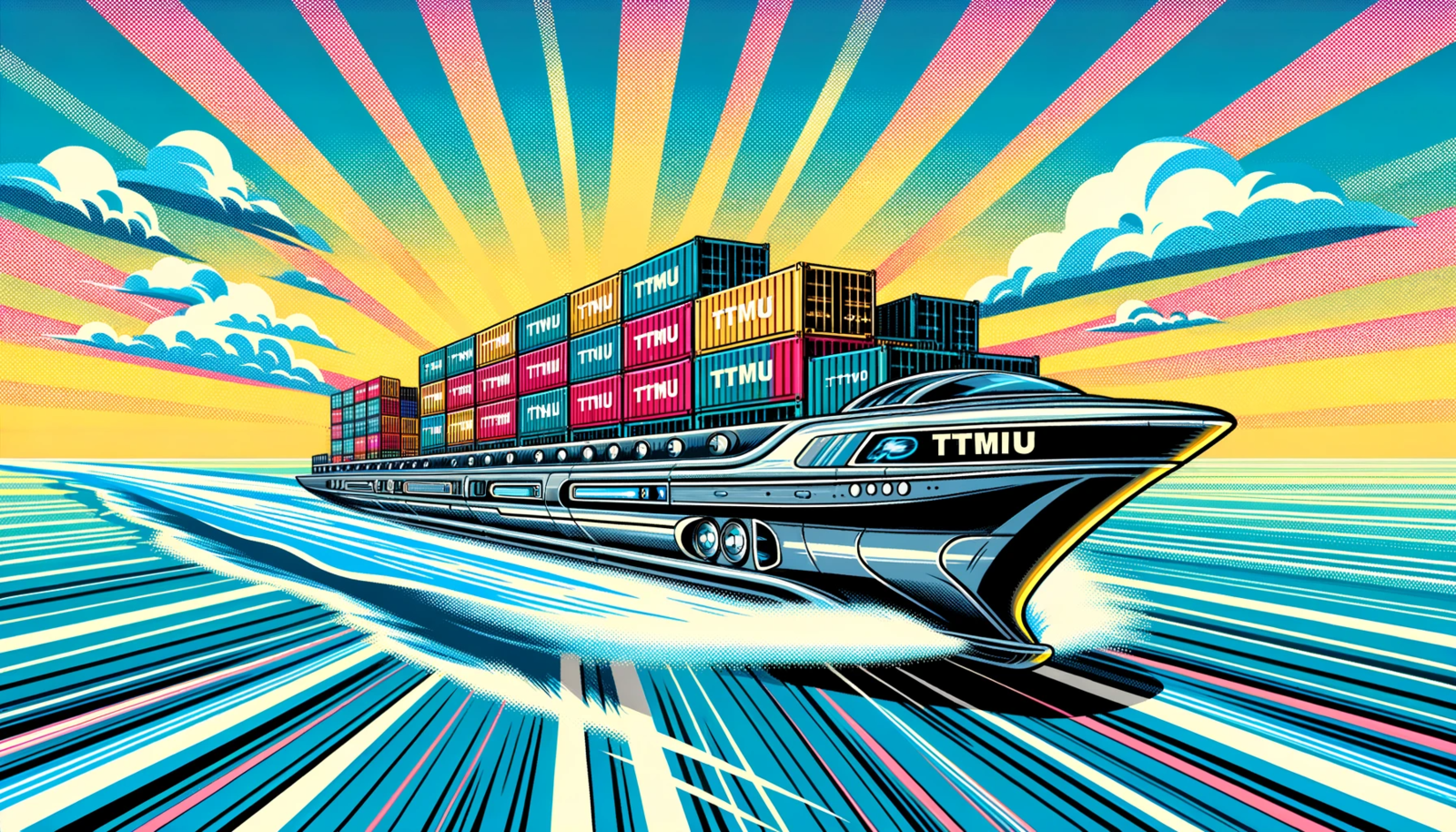
Ahoy, dear readers! The world of logistics and transportation is on the cusp of a revolutionary change, driven by relentless innovation and futuristic technology. Shipping containers, the backbone of global trade, are set to be at the forefront of this transformation. This blog delves into the potential future of the shipping container industry, exploring predictions and innovations that could redefine how goods are transported across the globe.
- Drone Ships: Autonomous and Eco-Friendly Vessels The concept of unmanned drone ships is gaining momentum. These autonomous vessels, guided by advanced GPS and AI systems, promise to enhance efficiency, and reduce human error. With the added benefit of being eco-friendlier - potentially powered by solar or wind energy - drone ships could significantly lower carbon emissions in maritime transport.
- Hyperloop Container Transport: Speeding Up Land-Based Logistics Hyperloop technology, which propels pods through a vacuum tube at high speeds, is not just for passenger travel. The potential for hyperloop systems to move shipping containers over land is enormous. This could drastically cut down transit times, from days to hours, and transform land-based logistics networks.

- Space-Based Container Shipping: The Final Frontier While it may sound like science fiction, the concept of transporting containers through space is being seriously considered. Companies like SpaceX are exploring the logistics of using spacecraft to move goods around the planet or even to other celestial bodies. This could be the answer to ultra-long-distance shipping challenges, albeit in the distant future.
- Smart Containers: IoT and Blockchain Integration The integration of IoT (Internet of Things) and blockchain technology is making containers smarter. Sensors can track the container's location, temperature, and contents in real-time, ensuring product integrity and security. Blockchain can provide an immutable ledger, increasing transparency and efficiency in the supply chain.
- 3D Printing and On-Demand Manufacturing: The rise of 3D printing technology might reduce the need for shipping certain goods altogether. With the ability to print products on demand at or near the point of consumption, the reliance on long-distance shipping of these items could decrease significantly.

- Sustainability and Circular Economy. The push towards sustainability is leading to the development of eco-friendly containers made from recycled materials. Additionally, a circular economy approach, where containers are repurposed or recycled at the end of their lifecycle, is gaining traction.
- Regulatory Changes and Global Trade Policies: Future innovations in the shipping container industry will also be shaped by regulatory changes and global trade policies. Governments and international bodies will play a crucial role in facilitating or hindering these advancements, particularly in areas like autonomous vessels and space-based shipping.
The shipping container industry is standing at the threshold of a new era, marked by technological advancements and innovative approaches. From drone ships and hyperloops to space-based logistics, the possibilities are as vast as they are exciting. While challenges remain, particularly in terms of regulation and sustainability, the future of shipping containers is undeniably bright and filled with potential. As we navigate these new horizons, one thing is certain: the way we think about transporting goods is about to change forever.


